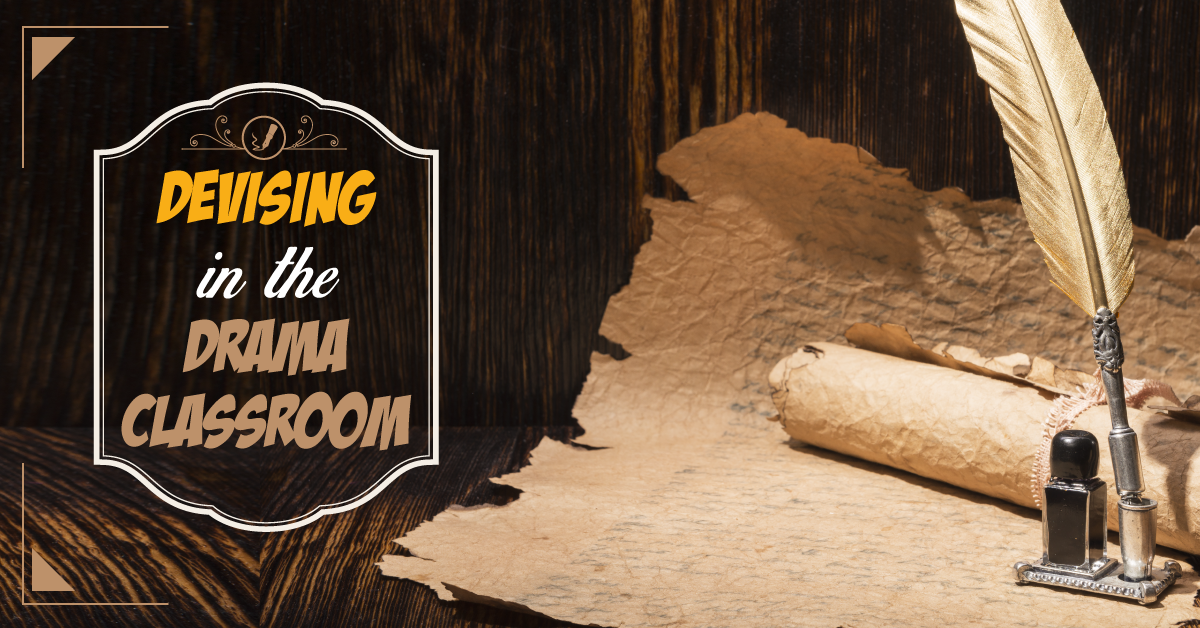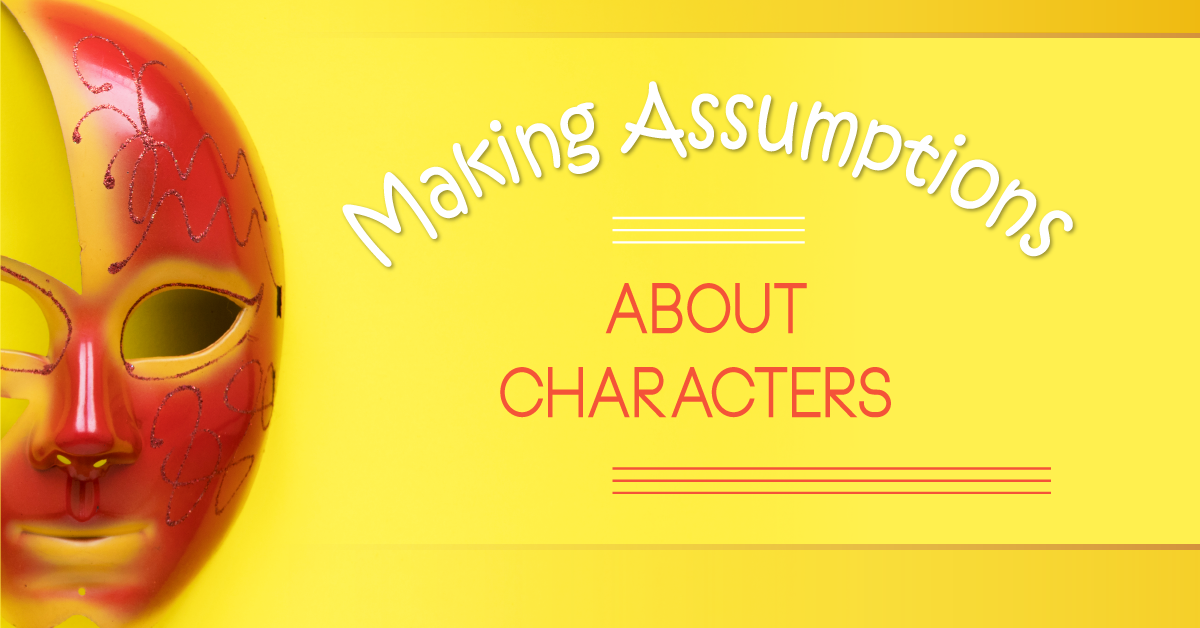With Liberty and Justice For All is a powerful, timely piece that brings student voices to the forefront at a BLM protest - where stories are shared, community is built, and the stakes are real.
Devising in the Drama Classroom
Q&A with Pilar Orti
Lindsay Price talked with Pilar Orti, author of Your Handy Companion to Devising and Physical Theatre, about her experiences with devising in the drama classroom. Here are some key tips for drama teachers and their students.
Definition
What’s your definition of devising theatre? What does it mean to devise a piece?
Pilar : “Creative theatre” is what I would call it. So, “devising” for me is you have an idea or the group has an idea or the group are given an idea and they create a piece. They decide where the story is going, and the group decides the form which is very important.
The Stimulus
You talked about how devising theatre usually starts with an idea or a stimulus. In a class, is this something that you think that the teacher should come up with?
Pilar : I think it really depends. But I think the teacher should make the decision of who’s going to give them the stimulus. I think the teacher has to take responsibility for some stuff, for some of the things when a group of students is creating, and one of them could be setting the stimulus based on her/his knowledge of the students and how to stretch them.
Experimentation
What are some activities that would be good for experimentation in the devising process? Would they use a lot of improv?
Pilar : Yes. You can have people improvising a scene where they’re talking and somebody writes down what they’re saying, or it could be improvisations around the world of the character. So, for example, if we have a couple – say we have a couple in this piece – and they are about to break up, we could have improvisations around how they met.
Failure
How do you circumvent the students who don’t want to fail? What would you tell teachers? How to encourage students to try and try again?
Pilar : Nobody wants to fail. It’s difficult to take risks. But, if you don’t fail, you don’t discover. I think, you can’t really bring this in just for your devising unit. I think it’s something that has to underpin all practice in your Drama classroom – that every time someone gets it horribly wrong, you laugh with them, you say, “How was that? Yeah? Why was it like that?…But how great because, if you hadn’t stumbled over, we now wouldn’t have a comedy scene!”
Or, “Are you having problems with that line? Okay. What might that tell us about the character?” and really make every time that somebody does something that they might think of as wrong, show that it’s part of growing – it’s how you deal with that – and, also, that there are things that we might learn when we get things wrong. And then that means that by the time they come to devise, they’re used to making mistakes and also not to take yourself too seriously.
Getting things wrong when you’re devising just means you open up other possibilities. So, it’s also about thinking in a different way about what it means to get something wrong.
Creation
What happens in the creation stage? Do things become a bit more formal?
Pilar : The piece, in the end, needs to have structure. So, we need to say, “Okay. How are we going to start this piece? What order are the scenes going to follow? Are we going to have short scenes? Long scenes?” and really nailing down the script in whatever way that comes out.
Rehearsals
What are some tips for effective rehearsals of a devised piece?
Pilar : It’s very important to get them trained in a way to observe each other and to observe other groups because I think that, by seeing how different groups or different people are working on their own pieces, you can have aha moments.
You can also give them exercises that will unlock them. So, for example, have people swap characters.
Beyond the Classroom
What other skills does devising a piece develop?
Pilar : Students think, “We need to do it. We set our schedule. We meet our deadlines. We make sure we turn up on time and start working. We make sure we make the most out of our time together,” and I think that’s really important.



